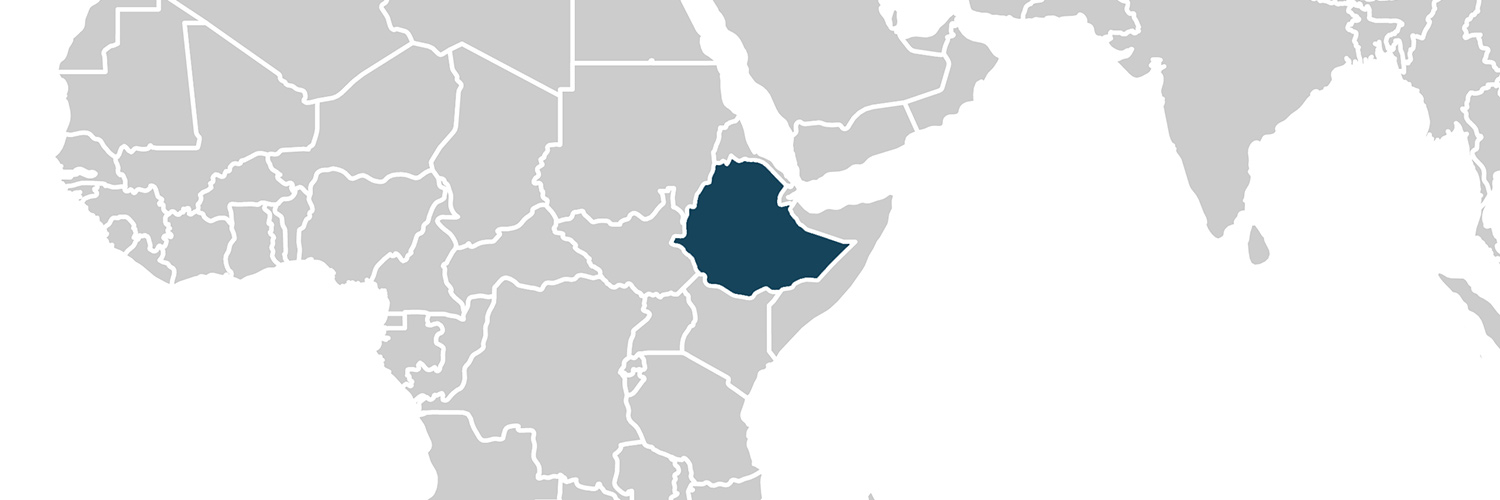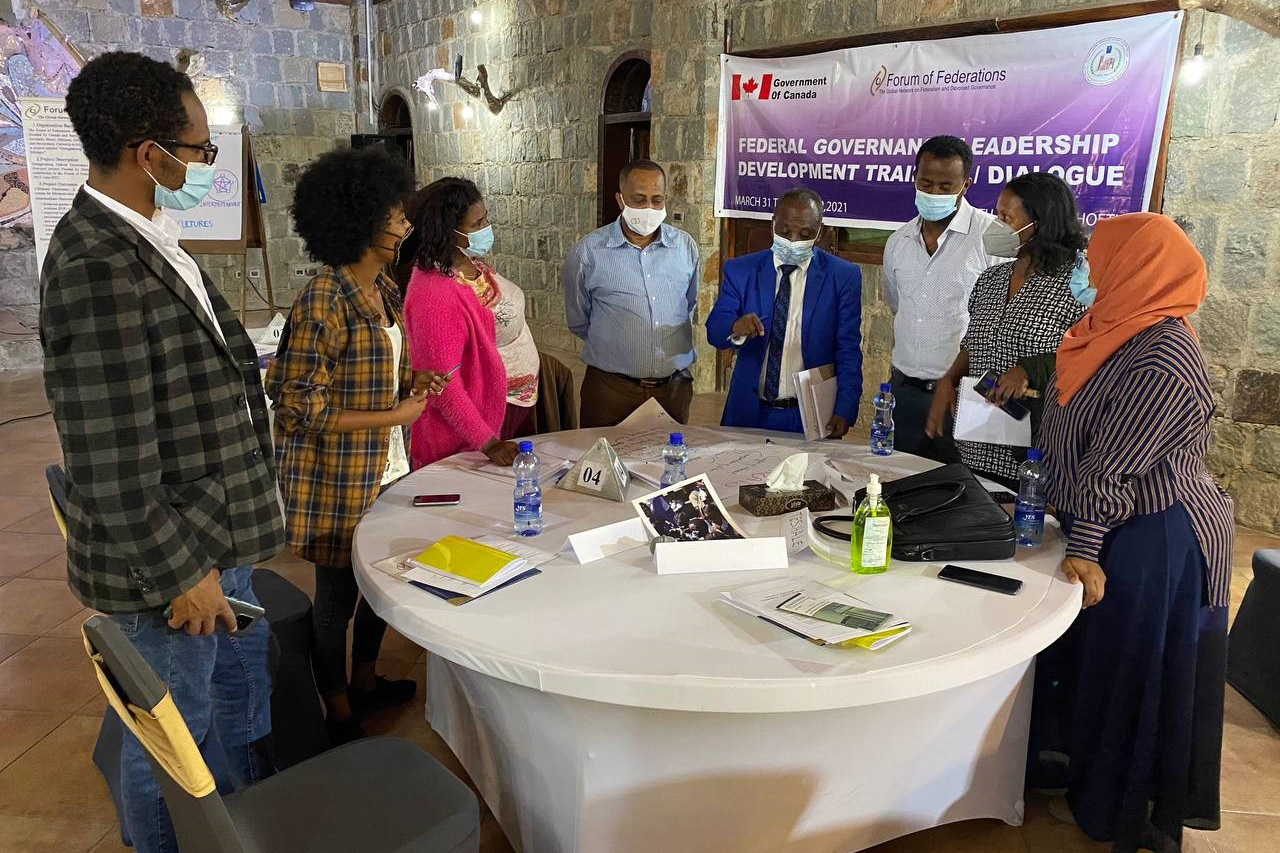
Strengthening Federal Governance & Pluralism in Ethiopia is a 5-year project funded by Global Affairs Canada. The project aims to achieve a stronger, more responsive federal system of governance for Ethiopian men and women. The project was conceived and designed in 2017-18 when the country had been going through significant turmoil and widespread protests, which culminated in the election of Abiy Ahmed as Prime Minister. The PM ushered in a series of major democratic reforms that were quickly accompanied by serious new challenges and conflicts over the future direction of the country. Federal governance issues are, though not alone, central to these debates and conflicts.
The project has continued to deliver training, advice, and dialogue platforms on the subjects of intergovernmental relations, fiscal federalism, and constitutional awareness as means to mitigate conflict and help build capacities for inclusive good governance as a basis for peace and development. At time of writing (January 2022) the large-scale conflict in Northern Ethiopia appears to be entering a delicate but promising phase of negotiation and the country is preparing for a significant National Dialogue, for which the Forum, under this project and others, is well placed to support.
The Forum works with a wide range of Ethiopian stakeholders in federal, regional and local government, as well as media, political parties and civil society. The lead partner is the House of Federation, the Ethiopian parliament’s second chamber. Gender equality is addressed in all project activities and outputs through specially devised mainstreaming tools and processes, as well as targeted activities for involving women and girls, to ensure their specific needs and interests are included.
What the Forum is Doing: Principle-Based Strategic Approach

- Support to the creation and capacity building of structures and policies related to intergovernmental relations.
- Providing a platform of governance leadership training and dialogue that brings together important actors from across the political and demographic spectrum to explore national issues and the role of leaders in solving or exacerbating these issues.
- Support to major policy reforms on shared revenues and fiscal transfer design and building capacities at the federal, state and non-state sectors managing fiscal relations between the states and federal government.
- Support for stronger understanding of constitutional issues, especially those that affect the rights of Ethiopian women and girls, as well as involvement of youth in dialogue about the country’s governance challenges.
What the Program Aims to Achieve: Results

- Increased capacity of senior government leaders (federal and state) to coordinate policies, manage conflict and promote gender equality under emerging new IGR structures and systems.
- Increased capacity in federal and regional governments to jointly develop and implement detailed IGR frameworks in four highly conflict sensitive policy areas and one model framework for state-local IGR.
- Increased capacity of House of Federation (HOF), their regional counterparts and other stakeholders, to design, implement, and monitor/report on a transfer system that promotes peace, sustainability, and gender equality.
- Increased capacity of HOF and its key partners (federal and state) to design, implement, and monitor/ report policies on revenue sharing and related issues (e.g., collection), including natural resource revenues.
- Increased capacity of key actors to properly interpret and facilitate judicial and administrative recourse for constitutional rights, with major focus on rights issues affecting women and girls.
- Increased capacity of youth leaders to understand and promote constitutional rights awareness, including rights of women and girls.




